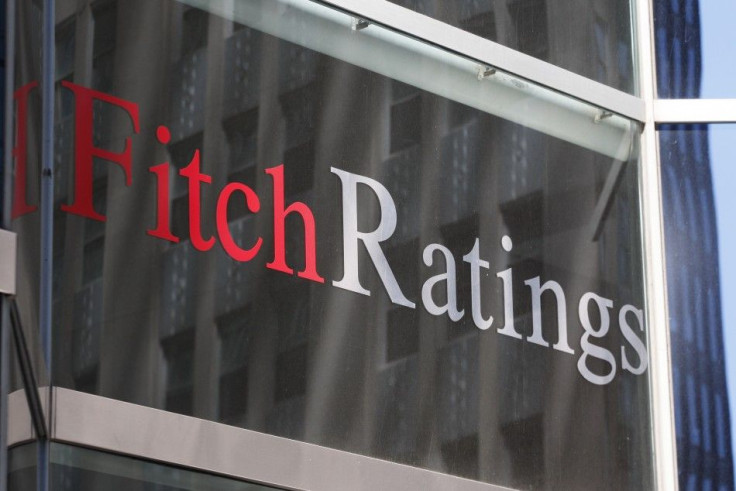Fitch Affirms U.S. Debt Rating: 5 Things to Know

Fitch Ratings said on Tuesday it had reaffirmed the U.S.' long-term debt rating of AAA, despite Standard & Poor's downgrade to AA+.
Here are the five most important things you need to know about Fitch's decision:
1) U.S. Long-term Debt is Stable
The main point to take away from Fitch's decision to affirm the U.S.' AAA rating is that the rating service believes the country's long-term debt is stable. The rating service stated that the country's "pivotal role in the global financial system" and its "diversified and wealthy economy," allowed for it to maintain its sterling rating.
Moody's, another big rating service, came to a similar conclusion earlier this summer when it also affirmed the U.S.' triple-A rating.
2) End Result, Not Process was Most Important
A lot of the hubbub over Standard & Poor's decision to downgrade the U.S. was its inclusion of political unrest as part of its rationale. The rating service stated that the disagreements between President Obama and Congress showed political instability. Fitch wasn't concerned with the process, but simply that the U.S. was able to agree to cut spending and raise the debt ceiling.
"It also signaled that there is the political commitment to place U.S. public finances on a sustainable path consistent with the U.S. sovereign rating remaining 'AAA'," Fitch said in its statement.
Essentially it didn't care how the U.S. did it, but simply that it was able to do it, was enough.
3) Fitch Known as Smallest of Big 3
Fitch Ratings, a part of the Fitch Group, is one of the big three rating services but known as the smallest of the three. Fitch makes up the big three with S&P and Moody's, but covers a more limited share of the market than the other two big services. That doesn't mean it's less important, but its ratings could carry a little less weight than S&P or Moody's.
4) Super Committee Needs to Cut Spending
Although Fitch affirmed the rating, it did add a caveat to the situation -- the "super committee" must cut the proposed $1.5 billion in spending. The "super committee," a bipartisan mix of 12 senators and congressmen, has been tasked to find an additional $1.5 billion in cuts in order to cut down on the country's growing debt and Fitch states it's imperative that the group does so.
"In the event that the Joint Select Committee is unable to reach an agreement that can secure support from Congress and the administration, Fitch would be less confident that credible and timely deficit-reduction strategy necessary to underpin the U.S. 'AAA' sovereign rating and stable outlook will be forthcoming despite the ($1.2 trillion) of automatic cuts that would follow," it said in a statement.
Key message: U.S. needs to cut more or it could get the downgrade.
5) Markets Don't Care
Despite a positive affirmation from Fitch, the markets didn't see any positive bump. The Dow Jones industrial average, S&P 500, and Nasdaq all were trading down on Tuesday a few hours after the announcement.
A little after mid-day, the Dow was down 171 points, or 1.79 percent, the S&P 500 was down 21.17 points, or 1.75 percent, and the Nasdaq was down 56.16 points, or 2.2 percent.
This drop could be caused by European uncertainty, the price bump by an affirmation was already factored into the market, or that the uncertainty with the "super committee" dilutes the effectiveness of this affirmation.
© Copyright IBTimes 2024. All rights reserved.





















